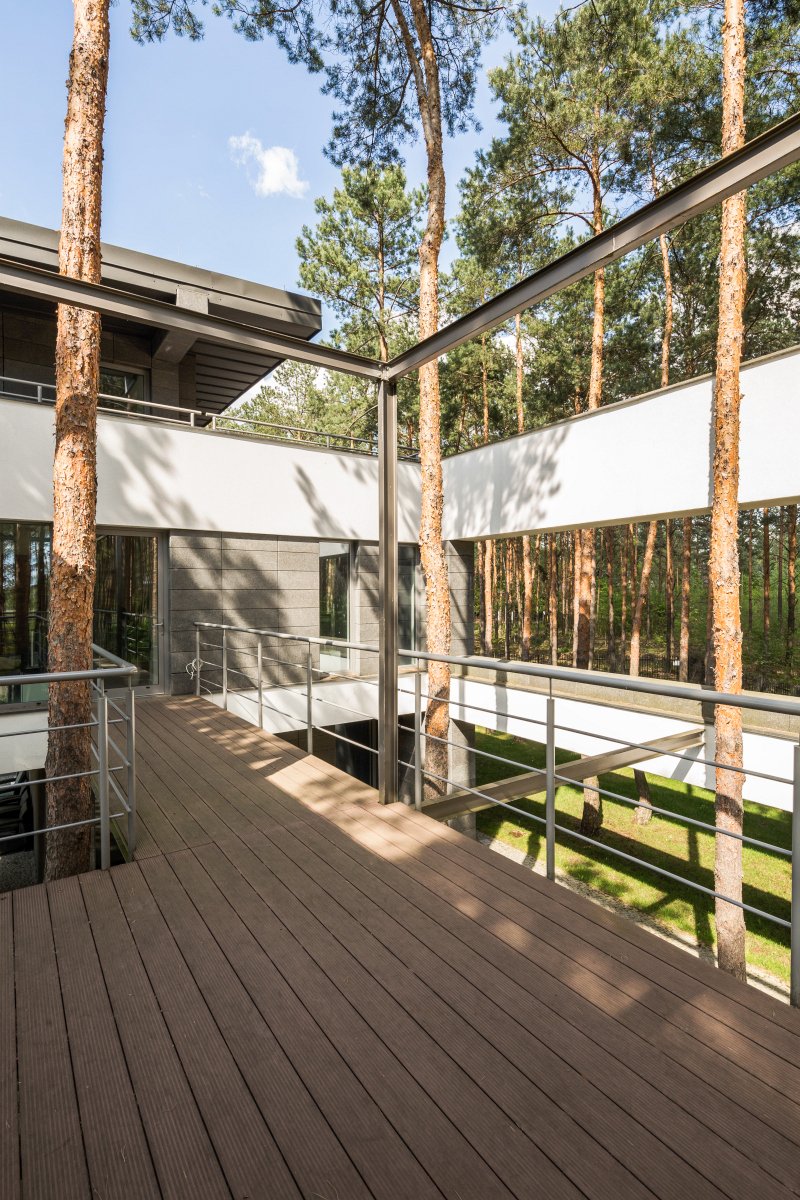A condo looks like an apartment. In fact, many condo buildings were originally just regular apartments that someone converted into condominiums. However, condominiums are also like houses from the standpoint of ownership.
But who owns the yard near a condo? Who pays for repairs? What are condo fees and what do you get in return for those fees.
Keep these points in mind when purchasing a condominium:
- Some parts of a condo are owned privately, while others are owned collectively with the other residents. The space inside the living space’s interior walls would be privately owned. Generally, the rest of the building and the other property is owned collectively. In most situations, you don’t own your walls.
- Searching for a condo is no different than searching for a house. You can search on your own or enlist the services of a real estate agent.
- Besides a sales contract, there’s also an agreement or declaration. This agreement spells out how the condo is run and how the monies are spent. Read the condo agreement and talk to your potential neighbors.
* You’ll probably want to know how much money is in the condo’s reserve fund.
* How are requests and complaints handled within the community?
* Are there any requirements that would make you unhappy?
* Are the buildings and grounds well-maintained?
- A condo can be much less expensive than a house in the same area. The more affordable price makes this type of property especially attractive in areas with high real estate prices. But the price isn’t the only expense.
* You’ll need to pay property taxes, just as with a house. The taxes are based on your living space, as well as your percentage of ownership in all the other areas of the complex.
* There’s also a monthly fee to keep up the common areas. This includes the building, parking lot, landscaping, and grounds. These fees can be quite expensive, depending on the location of the condo. An outside property manager is usually hired to manage the condo community.
* If the reserve fund is running low, an assessment can be charged to all the owners to cover the cost of any projects that would run over the amount in the reserve fund.
- Pay particular attention to the parking, security, and common areas. These are some of the big differences between a condominium and a house. Some communities have assigned parking spaces, while others have a first-come first-serve policy. Some even have garages for parking.
* Is the community gated? Is there a security system? Is your front door exposed to the outside, or is there a lobby area that’s entered first?
* Is there a pool, tennis court, exercise room, pond, fountain, or other amenity that you really want? If you aren’t interested in those things, are you willing to pay the extra expense to have them anyway?
- Mortgages for condominiums have stricter standards. The down payment requirements for a condo are typically higher.
* Also, the condo community must meet certain requirements before a bank can legally make a loan there.
* For example, at least 50% of the units must be owner-occupied. Not more than 15% of the owners can be behind on their dues.
* There are several other requirements as well, so remember to look at all aspects of condo ownership before making a final decision.
A condo can be a great option for someone who wants to own a home, but either can’t afford a house or doesn’t want the hassle of maintaining a yard and dealing with all the maintenance issues.
Just be aware of the differences and shop carefully. Pay attention to those fees and shop around to get the amenities you want.




